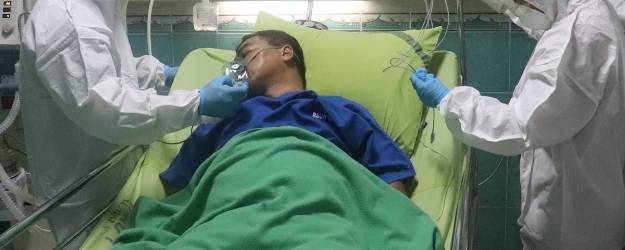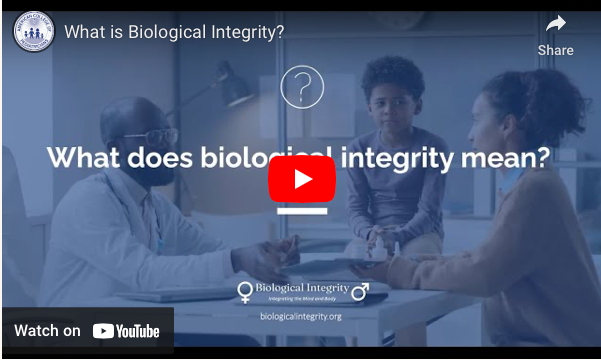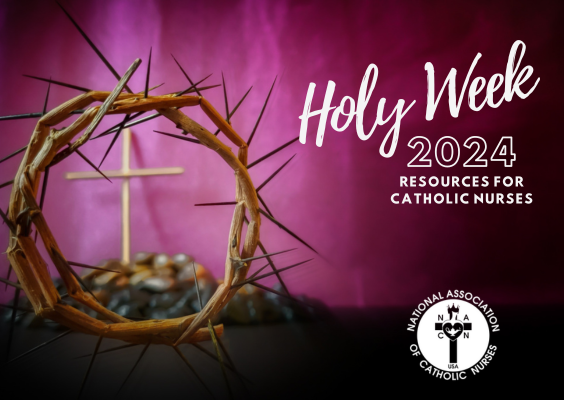NACN-USA Joins the USCCB and 32 other Organizations in a Joint Letter to Congress to Urge the Passage of Conscience Protection Act of 2017
The National Association of Catholic Nurses, U.S.A. joined the U.S. Conference of Catholic Bishops (USCCB) and thirty-two other major pro-life, religious, and health care organizations on September 6 urging the U.S. House of Representatives and Senate to pass the Conscience Protection Act of 2017 (H.R. 644/S. 301). Signatories include numerous medical groups representing tens of thousands of health care professionals who object to abortion and are seeking legal protection to serve their patients in good conscience. (Read the joint letter to Congress)
“Federal laws protecting conscientious objection to abortion have been approved for decades by Congresses and Presidents of both parties. Even many ‘pro-choice’ Americans realize that the logic of their position requires them to respect a choice not to be involved in abortion,” they wrote. “Yet, with violations of federal conscience laws occurring in California, New York, Washington, Alaska, Illinois, and most recently Oregon, it is increasingly clear that the current laws offer far less protection in practice than in theory.”
The Conscience Protection Act (H.R. 644/S. 301), introduced in the House on January 24 by Reps. Diane Black (R-TN) and Jeff Fortenberry (R-NE), and in the Senate on February 3 by Sen. James Lankford (R-OK), addresses several “loopholes” in current federal laws that have allowed violations of conscience rights to continue. The letter cites a 2014 California mandate requiring almost all health plans in the state to pay for elective abortions in direct violation of the Weldon amendment and the subsequent failure of the HHS Office of Civil Rights to enforce Weldon. It also cites the government’s failure to vindicate the rights of New York nurse Cathy DeCarlo after she was pressured to assist at a late-term abortion.
The joint letter highlights the modest nature of the bill, explaining that it “would mean almost no change in the substantive policy of Congress” but “would be an enormous step forward in assuring Americans who serve the sick and needy that they can do so without being forced by government to violate their most deeply held convictions on respect for innocent human life.”
Read more information on the bishops’ promotion of conscience rights.





